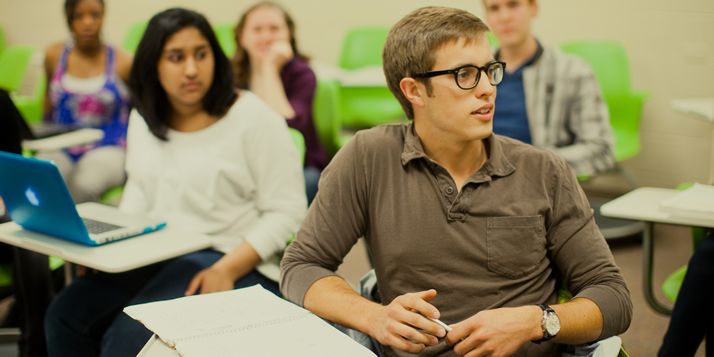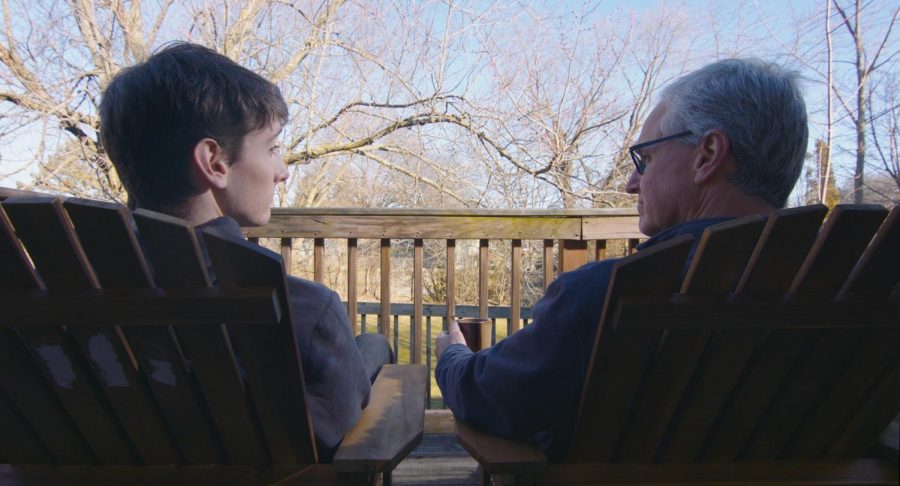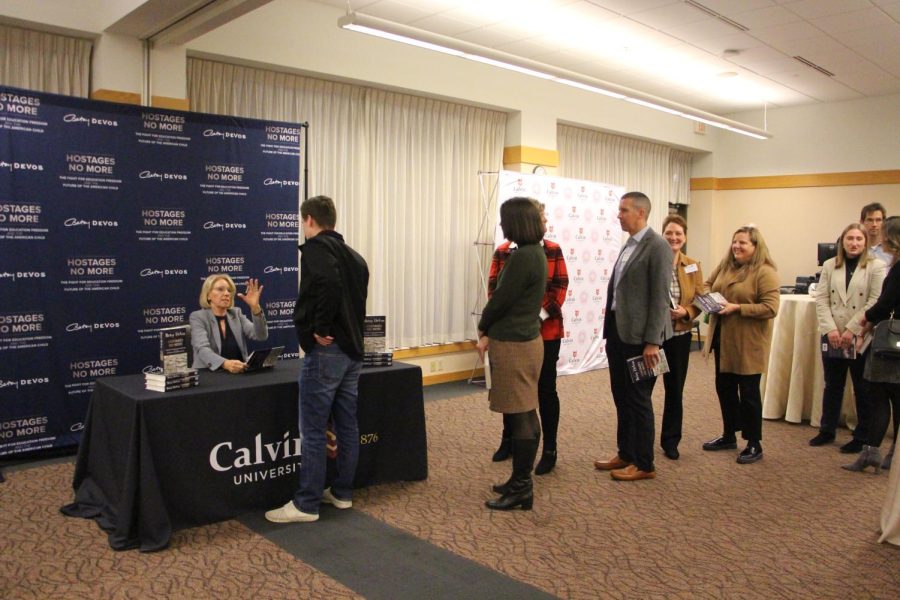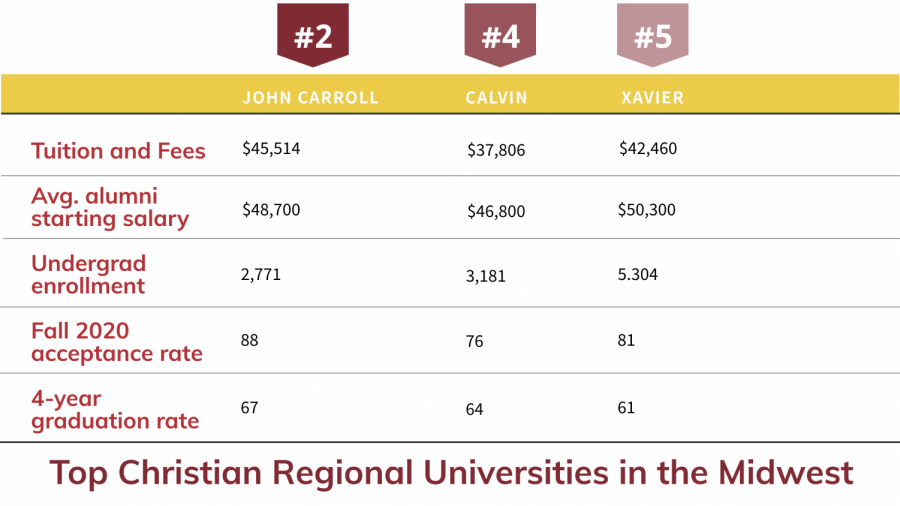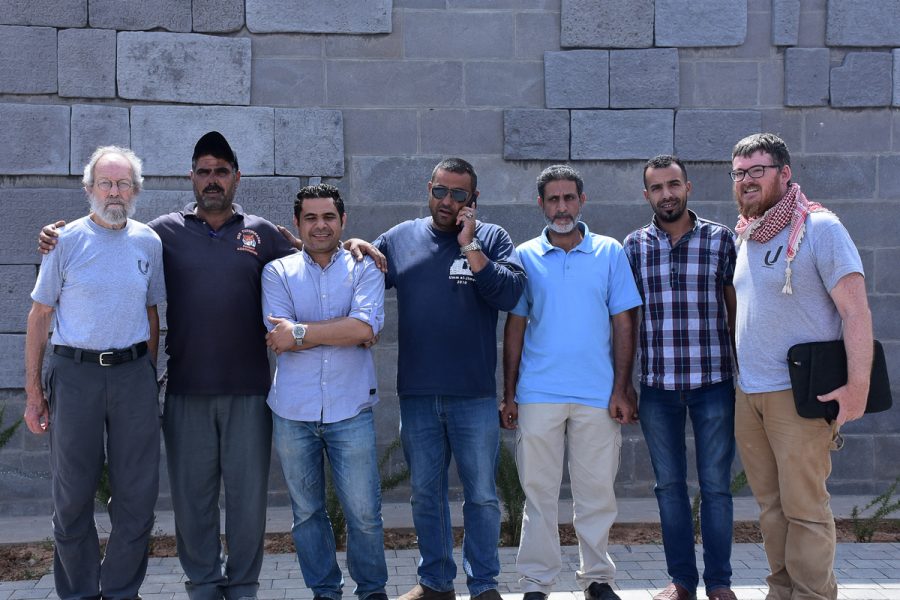At the end of each semester, professors hand out paper evaluation forms and leave the room while students pencil in bubbles, ranking professors for their organization, approachability and rigor. While these evaluation forms have been tweaked recently, they have existed in more or less the same form for years. However, students and faculty are not always on the same page about how they are used.
After students bring the envelope of completed evaluations to the department office, the forms go to the provost’s office, where they are scanned onto a confidential hard drive. After final grades are submitted, evaluations go first to the dean over the particular department, then to department chairs and finally, the professors themselves receive access through Portal to scanned copies of the students’ original forms.
This fact surprised several students, who assumed that anonymity meant even their handwriting would be disguised.
“I always thought they typed them up so you wouldn’t see the handwriting,” said senior Brian Exner.
He isn’t alone. Many students, if they thought about the evaluation process, assumed it went through some sort of screening process, something Stanley Haan, dean for the natural sciences and mathematics, says is impossible.
“It’s just a problem of volume. We haven’t found a good alternative to just having the faculty read scans of the originals,” said Haan. Comments are only typed in classes of five or fewer students, where a single voice would be more identifiable.
“I thought that the whole point of a student turning them into the office was so that the professor couldn’t see them,” said junior Anna Delph. “I feel like I’ve been misled. I have always written my evaluations under the assumption that they were anonymous, and I feel that most students have as well.”
This is a concern that Calvin administration is aware of. Several years ago, Calvin administration tried computer evaluations. “Those don’t have the handwriting issues, but we had such return rates that they were of no value to the college,” said Haan.
Some students aren’t concerned about being recognized. In her four years at Calvin, Gabrielle Carr said she can’t remember ever writing anything that she wouldn’t want to put her name to. “There was never a time when I wrote anything bad,” she said. “I wouldn’t be nervous about it.”
However, students who have written more critical feedback fear that their evaluations may impact recommendations for jobs or graduate school, or affect the way a professor treats them if they take her for a second class.
“I think that any feedback that a professor receives from an evaluation should come from the department head so that the anonymity can stay in place,” said Delph. “If they’re not anonymous, then what’s the point of them leaving the classroom? Why don’t we say it to their faces?”
Most professors, however, don’t see this as an issue. “It’s assumed that everyone knows that the handwriting is what the instructor sees,” said philosophy professor Lee Hardy. “I would hope that that doesn’t make students less willing to say something that’s on the negative side of the register.”
“I don’t think I’ve ever been able to identify the students based on the evaluations,” said biology professor Rich Nyhof. “I don’t go back and compare. That’s not a concern at all — or shouldn’t be a concern for students.”
While anonymity protects students from potential retribution, it also means that a minority of students write things they would never say to a professor’s face. “Sometimes people are very negative, sometimes people are downright vicious in their evaluations,” said Haan.
“I talked to a faculty member not long ago who mentioned something that he’d read on a student form: ‘I learned that my prof was an idiot,’” said Dean Ward, dean for the social sciences and context disciplines. Other professors tell stories of students who criticized their personalities or even their clothing choices.
With deans sifting through hundreds, even thousands, of evaluations, Haan said they don’t focus on the individual as much as the pattern of comments they receive about a class. “Students’ comments do matter,” Haan insisted. “When you read through an entire class’s evaluations, it’s possible to get a pretty good sense of the overall package.”
“I suppose there’s always the possibility that a student would say something that’s just hurtful and that’s hard to get over,” said Ward. “In general, though, that just doesn’t happen much. Even if the students are presuming that there’s anonymity, they know that the teachers are going to read what they have to say and students aren’t eager to be hurtful.”
Students seriously concerned about anonymity, for whatever reason, are encouraged to use the button available on Portal. “If there’s a concern over anonymity… then the comment form is a good way to communicate to a dean directly, and then that can be followed up with individual meetings or emails,” he said. “There’s a lot more opportunity for depth and nuance.”
“It’s just one tool that we have,” said Mark Williams, dean of arts, languages and education. “Students should feel free to see the chair or the dean if they have real concerns. We’re available.”
“I think generally Calvin students are fair and generous in their comments. It’s not mean-spirited; it’s not like reading stuff on the web,” said Hardy. “I’ve never had to really change my view of a student. And there’s only been a few cases where I’ve known who it was.”
Delph isn’t convinced. “Knowing this would have changed the way I approached the evaluations,” she said. “I want professors to know that this is probably a bigger deal than they think it is.”
“I don’t see a reason for students to worry about their profs seeing the evaluations or even knowing who they are,” said Ward. But he agreed with Delph on one account: “I do think it’s necessary that when student evaluations are given out, students know what the situation is. They need to know what’s going to be seen.”




